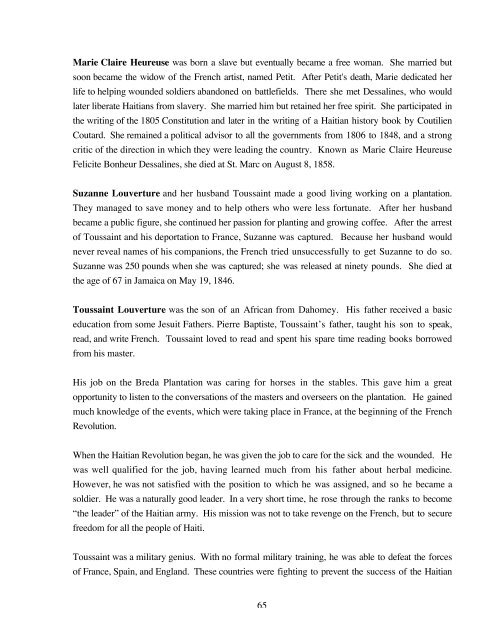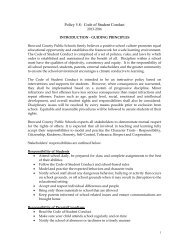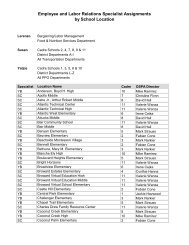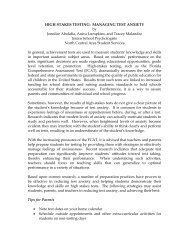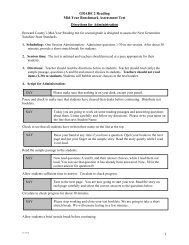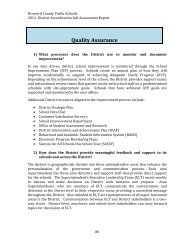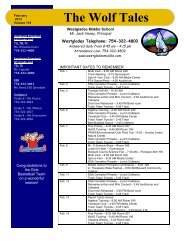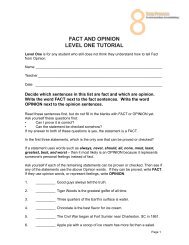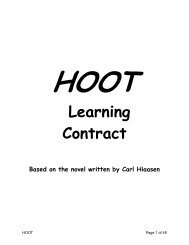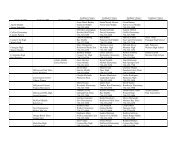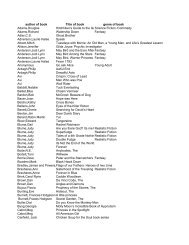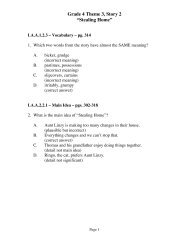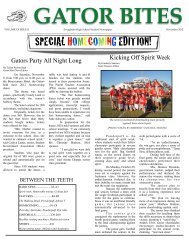Haitian Culture Curriculum Guide
Haitian Culture Curriculum Guide
Haitian Culture Curriculum Guide
You also want an ePaper? Increase the reach of your titles
YUMPU automatically turns print PDFs into web optimized ePapers that Google loves.
Marie Claire Heureuse was born a slave but eventually became a free woman. She married but<br />
soon became the widow of the French artist, named Petit. After Petit's death, Marie dedicated her<br />
life to helping wounded soldiers abandoned on battlefields. There she met Dessalines, who would<br />
later liberate <strong>Haitian</strong>s from slavery. She married him but retained her free spirit. She participated in<br />
the writing of the 1805 Constitution and later in the writing of a <strong>Haitian</strong> history book by Coutilien<br />
Coutard. She remained a political advisor to all the governments from 1806 to 1848, and a strong<br />
critic of the direction in which they were leading the country. Known as Marie Claire Heureuse<br />
Felicite Bonheur Dessalines, she died at St. Marc on August 8, 1858.<br />
Suzanne Louverture and her husband Toussaint made a good living working on a plantation.<br />
They managed to save money and to help others who were less fortunate. After her husband<br />
became a public figure, she continued her passion for planting and growing coffee. After the arrest<br />
of Toussaint and his deportation to France, Suzanne was captured. Because her husband would<br />
never reveal names of his companions, the French tried unsuccessfully to get Suzanne to do so.<br />
Suzanne was 250 pounds when she was captured; she was released at ninety pounds. She died at<br />
the age of 67 in Jamaica on May 19, 1846.<br />
Toussaint Louverture was the son of an African from Dahomey. His father received a basic<br />
education from some Jesuit Fathers. Pierre Baptiste, Toussaint’s father, taught his son to speak,<br />
read, and write French. Toussaint loved to read and spent his spare time reading books borrowed<br />
from his master.<br />
His job on the Breda Plantation was caring for horses in the stables. This gave him a great<br />
opportunity to listen to the conversations of the masters and overseers on the plantation. He gained<br />
much knowledge of the events, which were taking place in France, at the beginning of the French<br />
Revolution.<br />
When the <strong>Haitian</strong> Revolution began, he was given the job to care for the sick and the wounded. He<br />
was well qualified for the job, having learned much from his father about herbal medicine.<br />
However, he was not satisfied with the position to which he was assigned, and so he became a<br />
soldier. He was a naturally good leader. In a very short time, he rose through the ranks to become<br />
“the leader” of the <strong>Haitian</strong> army. His mission was not to take revenge on the French, but to secure<br />
freedom for all the people of Haiti.<br />
Toussaint was a military genius. With no formal military training, he was able to defeat the forces<br />
of France, Spain, and England. These countries were fighting to prevent the success of the <strong>Haitian</strong><br />
65


